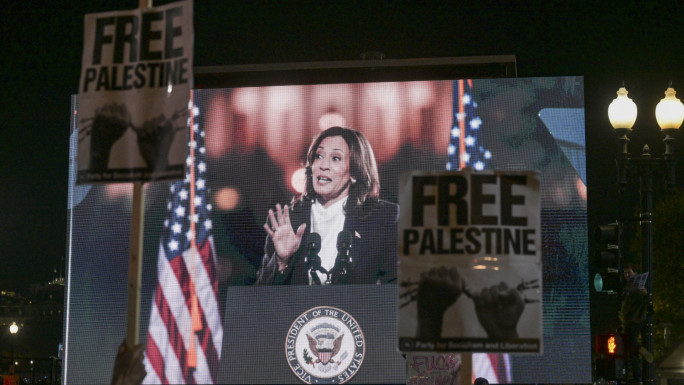Forensic audit firm drops Lebanon over missing data: presidency
The International Monetary Fund and France are among creditors demanding the audit as part of urgent reforms to unlock desperately needed financial support.
New York-based Alvarez and Marsal, contracted for the audit, had extended a November 3 deadline by three months for Lebanese authorities to hand over the necessary information after they failed to submit it on time.
But "finance minister Ghazi Wazni informed the president that he has received a letter from Alvarez and Marsal, terminating the contract signed with the finance ministry", the presidency said in a statement.
"The company did not obtain the information and documents required to start conducting its mission," the presidency added, explaining the reason for the termination.
A separate finance ministry statement said that the firm was not certain it would be granted access to the necessary data despite the new deadline.
The forensic audit of the Banque du Liban (BDL) is one of the main points of the economic rescue plan approved at the end of April by the Lebanese government.
Alvarez and Marsal began its audit in September and set November 3 as an initial deadline for the central bank to provide it with all information necessary to complete its work.
But the central bank has handed over less than half of the documents needed to proceed with the audit.
It claims provisions of the Code of Money and Credit and the Banking Secrecy Law prevent it from releasing the rest.
Earlier this month, Lebanon's caretaker prime minister Hassan Diab urged the central bank to hand over the remaining documents, arguing the Banking Secrecy Law does not apply to state accounts.
Diab's government has repeatedly accused central bank chief Riad Salameh of being responsible for Lebanon's worst economic crisis in decades, notably through his failure to stem the collapse of the Lebanese pound.
Critics from across the political spectrum have charged that Salameh's financial policies led to Lebanon's ballooning sovereign debt and its first default in March this year.
Salameh has defended himself, saying that the central bank "has funded the state, but did not spend the money".
Follow us on Facebook, Twitter and Instagram to stay connected





 Follow the Middle East's top stories in English at The New Arab on Google News
Follow the Middle East's top stories in English at The New Arab on Google News

![French Foreign Minister Jean-Noel Barrot [Getty]](/sites/default/files/styles/image_330x185/public/2182722851.jpeg?h=a5f2f23a&itok=UD_yRfLZ)
